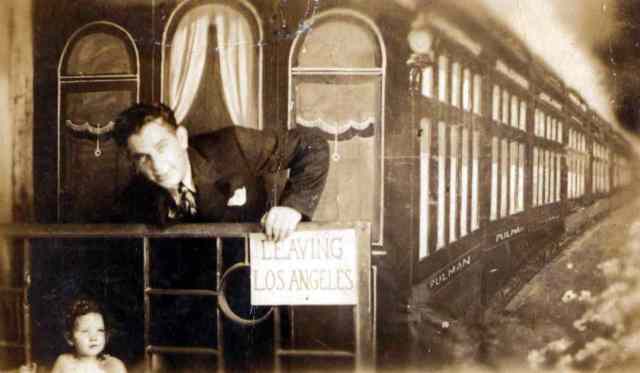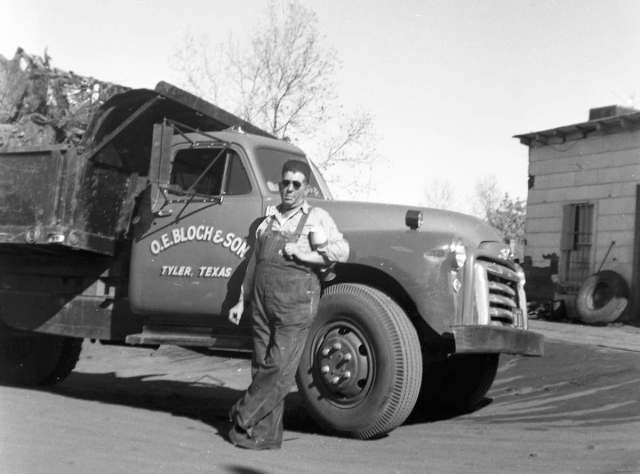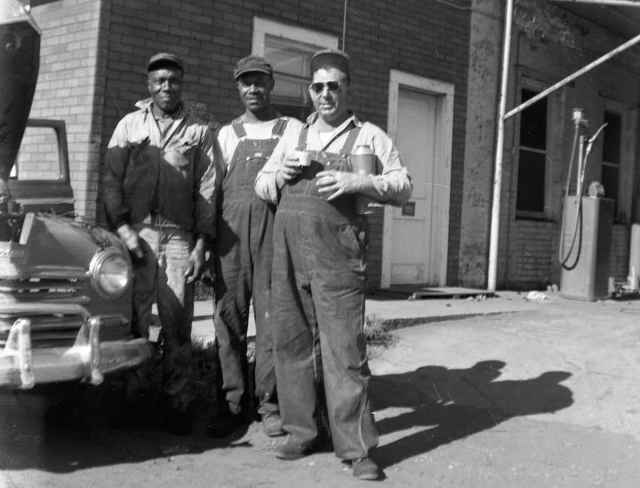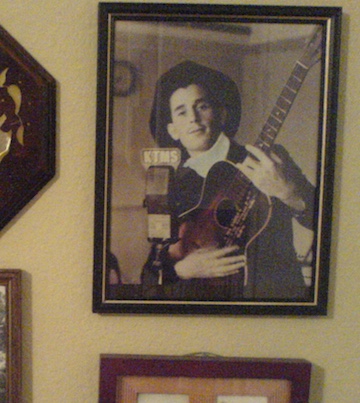Somebody recently asked me, where am I when I write. Without a true grasp on this question I didn’t have an answer. It makes me sound disfunctional because it’s such a simple question. But, I think I got confused because, to me, the answer is abstract. I study screenwriting which is a difficult form of expression. Not only does the writer have to mold creativity into their voice but one also has to develop craft, which involves working inside a form or structure that has been developed over the course of 100+ years. In order to force myself to be diligent in honing this creativity and craft, I read a lot of screenplays and books on writing for the screen. I’m then required to submit my notes to a company that conferred upon me the title of reader. One of the common weaknesses found in screenplays is the writing is too “on the nose”, or it lacks subtext. A blog is different because the form is more literary (though also somewhat visual) and usually there’s no dialogue, but I’ve been conditioned to avoid the obvious so for the next few hours, I’ll be thinking in the abstract to avoid confusing my brain which, believe you me, is plenty confused as it is. Hopefully, the images will help you join the party.

To start, as I consider the answer, my brain tries to figure out what subtext has to do with blogging and I find myself at a loss. This is frustrating but also liberating because, all writers deal with writer’s block on a regular basis so, it actually makes me feel productive. Frustration is the first step towards success. Here’s how it works for me. Writer’s block creates a craving for advice. Little did I know a few years ago, that its always been out there, but invisible because selective attention focused me on other things. The craving is kind of like, when you buy a new car and suddenly you notice how many other people own the same car. This attention allows us to absorb the advice that we once tuned out; advise like, a common admonition against giving up and going to play video games which requires discipline. Discipline to write every day which, realistically, means wherever we are when we have free time. For me, that means at my desk, which is a bad answer, clearly not passable in a conversation. I’m no expert on improvised repartee (which might be the reason why I’ve dedicated a significant amount of time to writing), but I’m pretty sure that when an engaging person breaks the ice with a question like this one, they’re not looking for the literal answer but rather hoping that there’s a captivating person standing there just waiting to open up with some fresh insight. So…this is one of those stupid questions (among many others) that I need to brainstorm so that I have a response the next time the opportunity to shine presents itself. But, instead of the assignment, I’ll probably do what comes easiest, maunder out into the woods down some rabbit hole and explore until I get tired. If you’ve kept up with my previous posts, you’re not surprised by my tendency to veer off the beaten path, and you’re here now which means you’re cool with it.

I’ve noticed that when I need to write stuff that’s less artistic and more organizationally motivated, its best to be in a mental state (or place) similar to that of a student doing homework or working on a class project. This task requires critical thinking. To me, this task oriented creativity involves looking at all the materials one has available, doing research, being in tune with the creative cues offered by the universe and putting the pieces together in a new and interesting way. Lots of concentration….break out the caffeine. On the other hand, if I want to write something that’s tied to the imagination, memories of places I’ve been, things that I’ve experience, and people I’ve known (or wish I could have), then It helps to be in a place that’s not dominated by the rational. Cool, by redefining the “where”, now we’re getting into some subtext y’all. The imagination is a make believe world that, in my humble opinion, is hampered by critical thinking. Critical thinking is way under-appreciated these days, but for artistic work it should be treated like an overactive sheriff taking over the territory of the brain, cracking down on anyone having any kind of fun (creativeness). So, for the sake of creativity, it should be temporarily imprisoned in the mind’s drunk tank (wait for the irony). There’s not much science behind the forthcoming theory (though there is some….I took a physiological psychology class in college), but even without the science, it’s common knowledge among writers that many of the most successful and creative writers, had some kind of thinkin’ juice that went along with their daily creative process. I don’t drink much myself but a beer or two does give the imagination a little lubrication and forward momentum. This is something I noticed many years ago and have often wondered if this is the reason that my grandfather drank. He was a musician who’s professional career was short lived, cut short, not because of alcohol (I don’t think), but because their corporate sponsor pulled out, the show got cancelled, and the money ran out. Typical starving artist story.

photographer unknown
The story might have had a happier ending but that was before the studio system or modern advertising industry existed. In the early days of show business, talent was not considered valuable and actors and musicians were treated more like employees or contractors (with all that money flying around, I’ll be he and his partner felt robbed). So, many years later when musician grandpa gave way to mechanic grandpa, I wonder if indignation and the internal drive to create without any way to regenerate that spark was actually the real addiction. I’ll probably never know because family members that were open to talking about it like to generalize and treat these hardships as if they’re a product of bad decisions or it’s weak character and a kind of mean person syndrome. I admit there is a degree of presumption with that interpretation, but whatever the source of the generalization, the attitudes spoke volumes. They belied values of vilification and I just can’t get behind that. People who follow conventional wisdom tend to think that alcoholism causes the problems whereas I think that, very often, it’s the other way around.

photographer unknown
I realize that, in the land of high tradition, my comments are still controversial and I don’t mean to insinuate that my family’s interpretation is objectively wrong, particularly since they were there and I wasn’t; they had the opportunity to know the man and I didn’t. But why lie about it for so many years? That question combined with my university education (Radio, Television, Film) and my personal experience working in the entertainment industry gives me enough confidence to balk at any assertion that anyone who, through hard work, developed their gift into an art-form, and who became good enough to have their own broadcast radio show, who attracted the patronage of many fans evidenced by handwritten fan mail postcards that I’ve held in my hand, could be an inherently bad person who suffers from some kind of moral turpitude.

photographer unknown
Now that I’ve been reminiscing on an entertainment industry pioneer for a couple hours and I’ve got a couple beers in me, I can’t help but think about a song called “Bar, Guitar, and a Honkey Tonk Crowd” by Whiskey Meyers, a band from my old neck of the woods. The song straight up rocks, has one hell of a guitar solo and is programmed as the first song of the album. The last couple tracks on that album are sad and always make me wonder about my grandfather and his last years on earth. Like many songs, the lyrics are somewhat symbolic and open to interpretation (some of the best songs are). If I listen to the record as programmed, those last tracks engender a solitary regret, a discord between divine purpose and reality, lamentations on the end of an arduous path that leads to resignation in a life long endeavor to building some kind of legacy that faithfully represents who a person really was. But the cool thing is, if you start the record with track two instead of track one, then you’ll play through the last sad song, about the final chapter of mortal existence, and after a long reflective beat, get into the new last track which is about a musician, in his element, doing what he was born to do. I like that experience better because instead of a dead end where bad decisions and failure is book ended by death having the final word; where the protagonist of our story is forced to cede his will in response to an enjoinder by the insuperable force of the grim reaper….I can now see a more gentle, more truly Christian interpretation with a Hollywood happy ending where the story’s protagonist (as much of a hero as anyone ever really was, given their circumstances), judged not by his actions but by the truly impartial metric of the internal soul, gets to open a new chapter where there is a sunset to ride off into, at the end of which, are no radio stations, record labels, corporate sponsors, or disappointed people with unrealistic expectations…but instead a Bar, Guitar, and a Honkey Tonk Crowd.

Photo Collage at Mimi’s house
photographer unknown
Yea…That’s where I’m at when I write.
You’re into entertainment industry and you’re a screenwriter?
How cool is that!!!!
LikeLike
Well, I studied TV and Film production in college. I do coverage on screenplays for the Austin Film Festival but my main work is in production. Thanks for the ego boost!
LikeLiked by 1 person
Damn!
That’s too good,man!
I really love entertainment field but it’s kinda hard for us to get into it.
Too much competition and too costly course.
LikeLike
Yes, very competitive everywhere. People do it because they follow their instincts and believe that’s what they need todo with their lives, then we graduate and work like mad to work our way up, slowly.
LikeLiked by 1 person
How’s your work so far?
Any progress?
LikeLike
Yup. Lots.
LikeLiked by 1 person